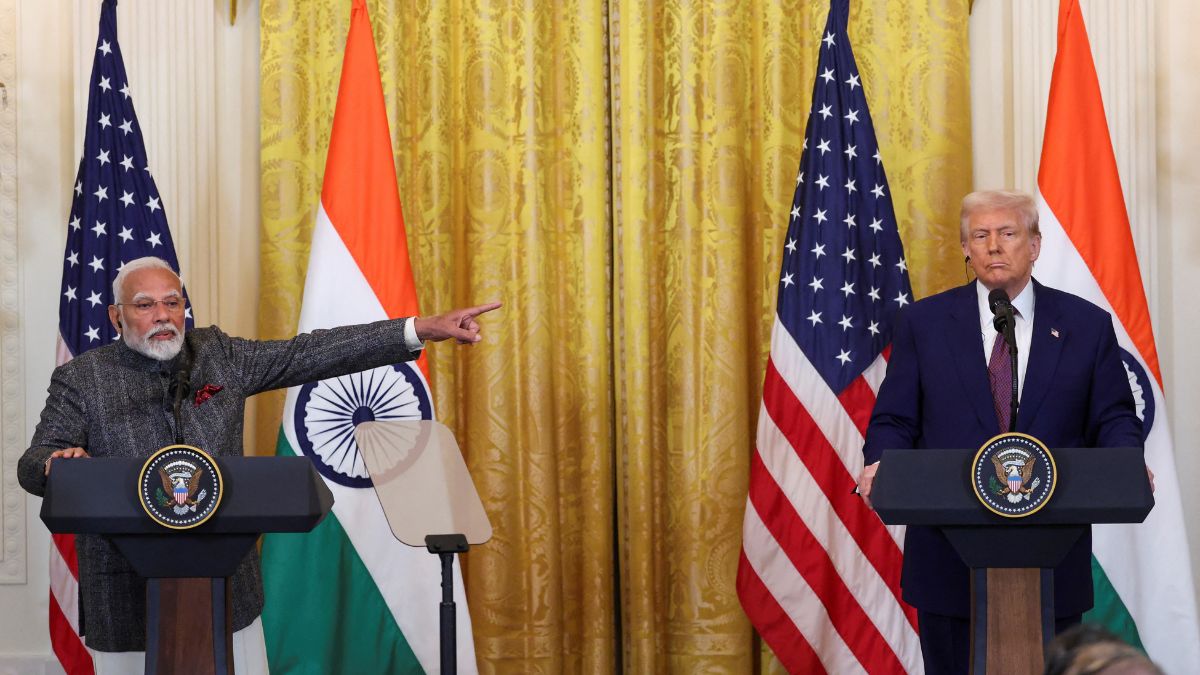India is planning to relax its nuclear liability laws by putting a cap on accident-related penalties for equipment suppliers, news agency Reuters reported, citing government sources.
The move aims to attract US companies that have stayed away due to the risk of unlimited liability under a decade-old law.
It is part of Prime Minister Narendra Modi-led government’s push to boost nuclear power capacity twelve-fold to 100 gigawatts by 2047 and strengthen trade ties with the US.
A draft law prepared by the Department of Atomic Energy removes a key clause in the Civil Nuclear Liability Damage Act of 2010 that exposes suppliers to unlimited liability for accidents, multiple sources said, according to Reuters.
“India needs nuclear power, which is clean and important,” said Debasish Mishra, chief growth officer at Deloitte South Asia. “Capping liability will ease a major concern for nuclear reactor suppliers.”
The proposed changes follow global standards, where the responsibility for safety lies with the operator, not the reactor supplier.
New Delhi hopes the proposed changes will ease concerns of US companies like General Electric and Westinghouse Electric, which have stayed away from India’s nuclear sector due to fears of unlimited liability in the event of an accident.
Experts say passing the amended law is key to finalising an India-US trade deal this year, with a goal of increasing trade to $500 billion by 2030 from $191 billion last year.
Impact Shorts
More ShortsAccording to sources, the government is confident of getting the changes approved in the monsoon session of Parliament starting in July.
The amendments will cap the supplier’s liability at the value of the contract and set a time limit for any claims, to be mentioned in the contract.
Right now, India’s nuclear liability law does not set a limit on how much compensation plant operators can seek from suppliers, or how long suppliers can be held responsible.
India’s 2010 nuclear liability law, shaped by Bhopal tragedy
The 2010 law was shaped by the memory of the 1984 Bhopal gas tragedy—the world’s worst industrial disaster—at a Union Carbide factory, which killed over 5,000 people. In 1989, the US company agreed to a $470 million settlement.
This law discouraged Western companies from entering India’s nuclear market and caused friction with the US, even after both countries signed a nuclear cooperation deal in 2008. Meanwhile, Russian and French firms had an advantage, as their governments cover such accident liabilities.
)